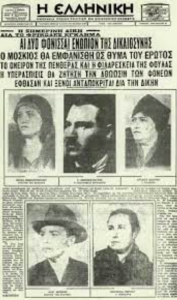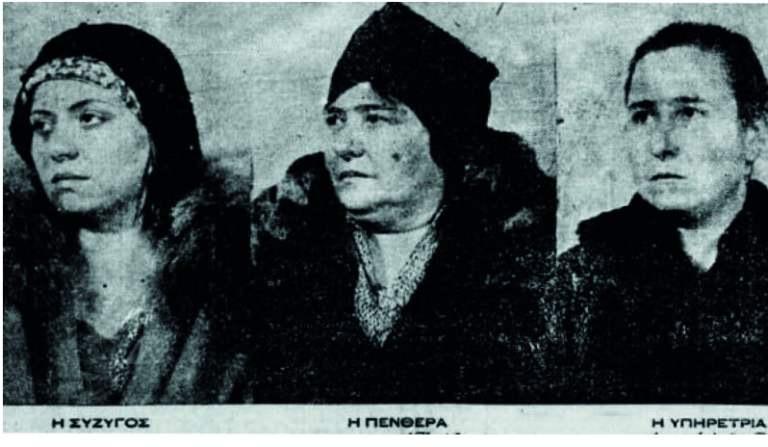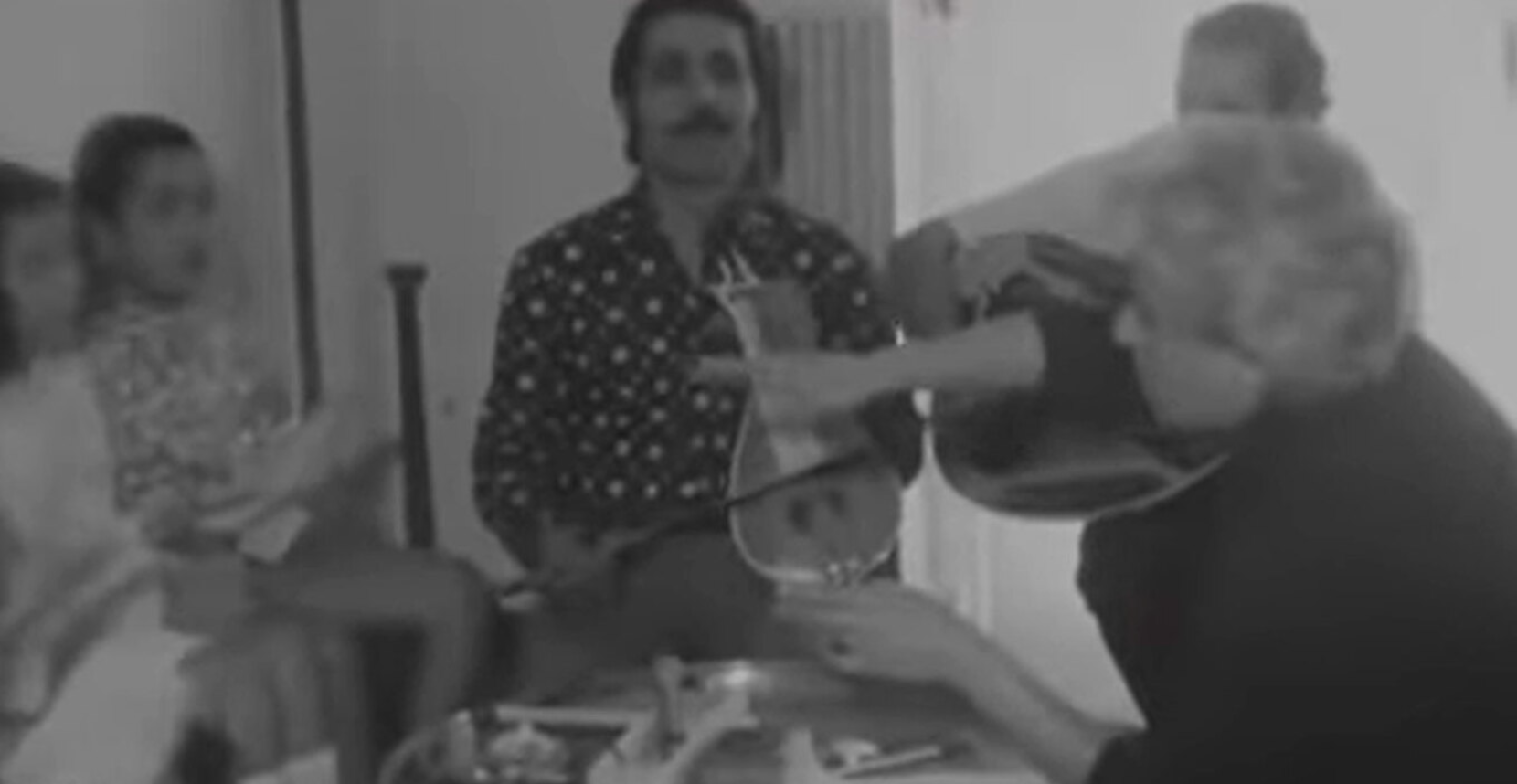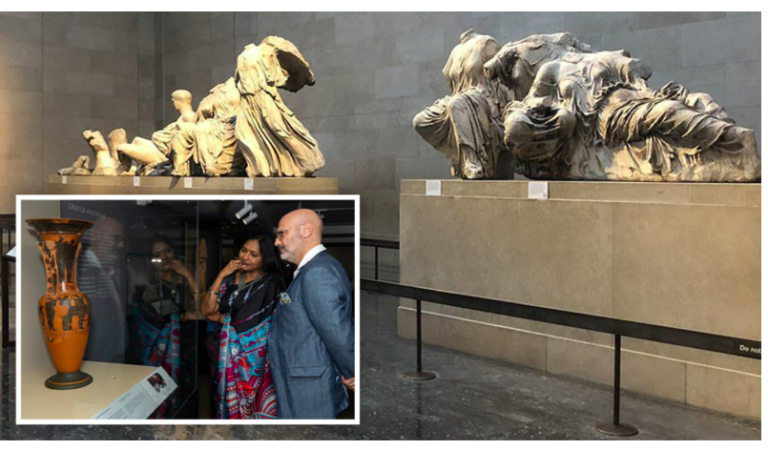One of the most infamous and sensational crimes in the history of our country, which rocked Athenian society during the tumultuous interwar period and even inspired a song, is a tale of betrayal, passion, and tragedy. The barbaric final act of the murderer, even by today’s standards, has given the case a larger-than-life, almost novelistic quality. This gripping narrative is featured in the book “100 Crimes in Greece,” released alongside THEMA, and revolves around three central figures: Artemis Kastro, the controlling mother-in-law; Sophia, also known as Foula, her daughter; and Athanasopoulos, Foula’s husband and Kastro’s son-in-law.
The story unfolds as Kastro, a divorcee with a progressive outlook, arrives in Athens from Cephalonia with her young daughter, Foula. What begins as a chance encounter with a charming sergeant, Athanasopoulos, eventually spirals into a forbidden romance that leads to a secret marriage and a tumultuous cohabitation in Kallithea. As the years pass, Athanasopoulos transforms from a devoted husband and father to a wealthy socialite, neglecting Foula and indulging in extramarital affairs.

Tensions between Kastro, Athanasopoulos, Foula, and their housekeeper, Giannoula Bellou, escalate to a breaking point, culminating in a tragic event on a fateful January evening in 1931. The subsequent trial, which commenced in February 1932, became a media sensation, with spectators clamoring to witness the unfolding drama firsthand. As the courtroom dramas played out over a gripping 40-day period, the public’s perception of the characters shifted, leading to a controversial verdict that shocked the nation. Ultimately, Kastro and Foula were sentenced to death, Bellou to life imprisonment, and Moskios, the young nephew driven by love and vengeance, to twenty years in prison.
The trial revealed sordid details of illicit affairs and familial betrayals, captivating the public and fueling a frenzy of gossip and intrigue across the newspapers of the time. While the case of the crime in Harokopou marked a dark chapter in Greece’s history, it also showcased the power of judicial scrutiny and the relentless pursuit of justice in the face of scandal and tragedy. The legacy of this gripping saga endures in the annals of true crime, leaving a haunting imprint on the collective memory of a nation.
Read the shocking murders from the book “100 Crimes in Greece”
Athens, 1923: The murder of Giannakis Kalomoiris, son of the great Greek musician, which scandalized Athens
Kythira, 1909: A cobbler’s murderous rampage that left 15 dead
Athens, 1929: The “Rocambol” gang, the Greeks Bonnie and Clyde, were brothers and lovers
Mani, 1920: The crime of the century that almost led to a vendetta
Piraeus, 1906: The massacre between Cretans and Maniates
The Delesi Massacre: The Arvanitaki gang and Greece’s international involvement in 1870
Ask me anything
Explore related questions





